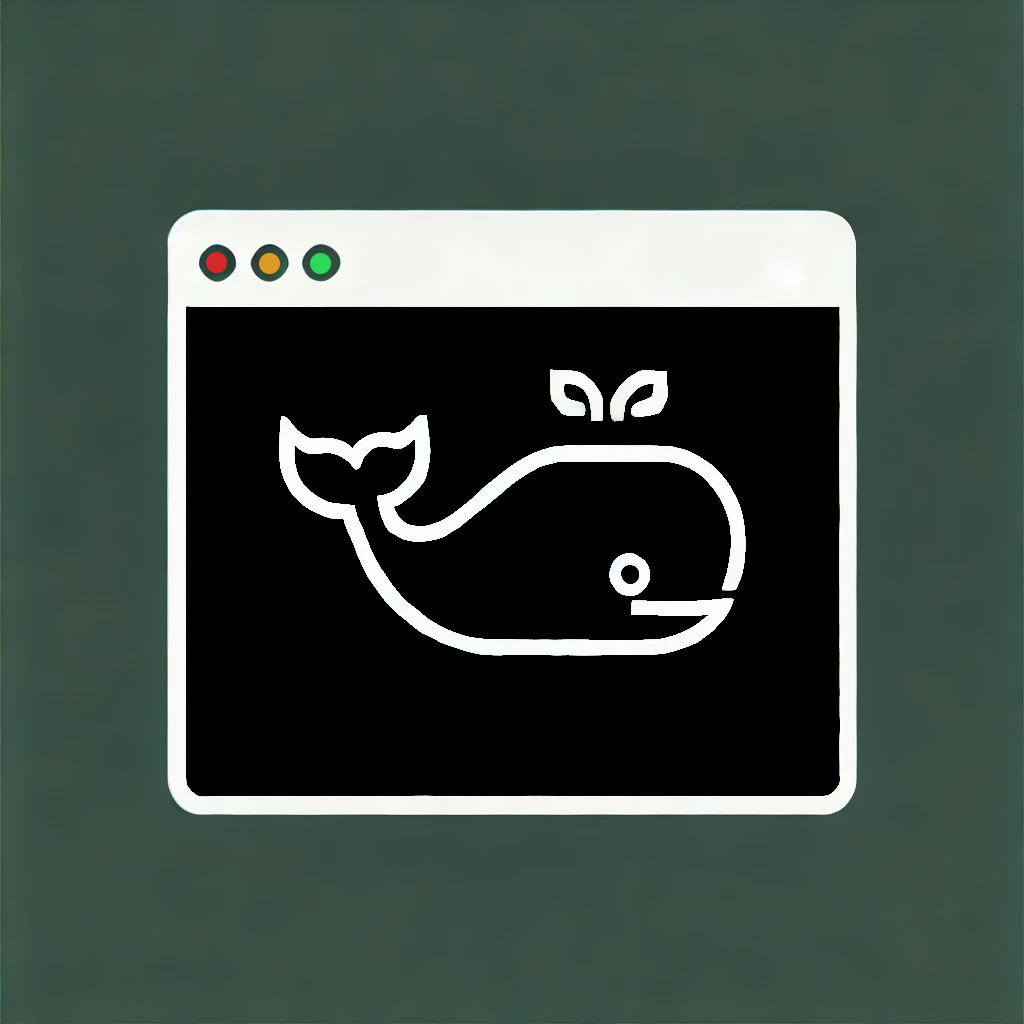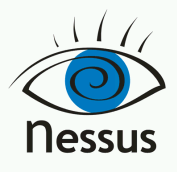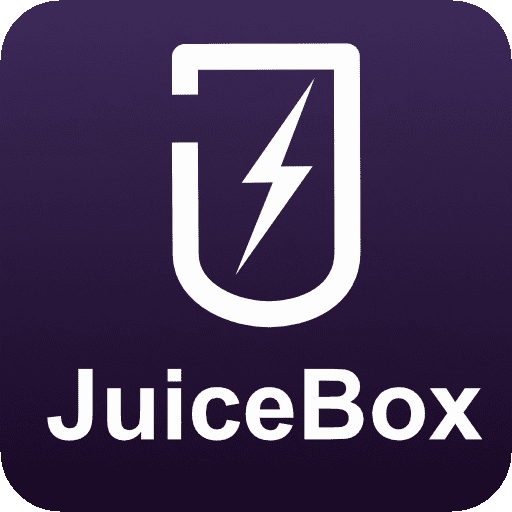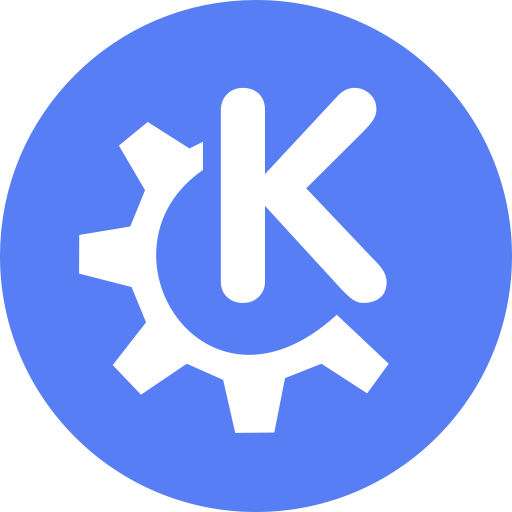IPTVnator---Frontend
Media Applications• Video, Other, Productivity, Tools / Utilities• Utilities
A video player application that provides support for IPTV playlist playback (m3u, m3u8). This is the frontend component.
Browse our large and growing catalog of applications to run in your Unraid server.
Media Applications• Video, Other, Productivity, Tools / Utilities• Utilities
A video player application that provides support for IPTV playlist playback (m3u, m3u8). This is the frontend component.

iQbit is an iOS styled WebUI theme for qBitTorrent clients. Ease of Use Mobile Friendly/First Adhering to Human Interface Guidelines (as much as possible) This is a PWA! This means you can install this app on your device through your OS default browser. Being a PWA allows us to have native features in the WebUI. Including: Native PushAPI Notifications (hopefully) - Coming whenever apple releases it for iOS 16, expected 2023. Users that enable it could get notifications when a torrent finishes downloading ==== You MUST define the env. var 'QBIT_HOST' to the address of your qbittorrent WEBGUI. Example: http://192.168.0.12:8080

Media Applications• Video, Media Servers• Video, Other, Tools / Utilities• Utilities
Self-hostable clone of lazydocker for the web. Manage your Docker fleet with ease.

Useful tools for developer and people working in IT
Collection of handy online tools for developers, with great UX. NOTE: This is not my project. I simply enjoy this a ton and want it to reach as many people as possible which is why I made this template! I have linked Corentinth's Github repo in the resources section so if you like the tool you should definitely check it out and support him!

Network Services• Other, Productivity, Tools / Utilities• Utilities
iVentoy is an enhanced version of the PXE server. With iVentoy you can boot and install OS on multiple machines at the same time through the network. iVentoy is extremely easy to use, without complicated configuration, just put the ISO file in the specified location and select PXE boot in the client machine. iVentoy supports x86 Legacy BIOS, IA32 UEFI, x86_64 UEFI and ARM64 UEFI mode at the same time. iVentoy support 110+ common types of OS (Windows/WinPE/Linux/VMware)

Jackett(https://github.com/Jackett/Jackett) works as a proxy server: it translates queries from apps (Sonarr, SickRage, CouchPotato, Mylar, etc) into tracker-site-specific http queries, parses the html response, then sends results back to the requesting software. This allows for getting recent uploads (like RSS) and performing searches. Jackett is a single repository of maintained indexer scraping and translation logic - removing the burden from other apps.
Docker container which runs the latest headless Jackett Server while connecting to WireGuard or OpenVPN with iptables killswitch to prevent IP leakage when the tunnel goes down.
Media Applications• Video, Media Servers• Video, Other, Tools / Utilities• Utilities
Cleans your Radarr, Sonarr, Jellyseerr and Jellyfin or Emby before you run out of space on your server. Before updating, please make sure your config matches the latest config template on GitHub.

Nessus is a network vulnerability scanner. This is a paid product, but for small home deployments one can request a free license during the setup GUI steps for internal/small networks.

Backup, Media Applications• Photos, Productivity, Tools / Utilities• Utilities
This Docker will download and install jDownloader2. JDownloader 2 is a free, open-source download management tool with a huge community of developers that makes downloading as easy and fast as it should be. Users can start, stop or pause downloads, set bandwith limitations, auto-extract archives and much more... Update Notice: Updates will be handled through jDownloader2 directly, simply click the 'Check for Updates' in the WebGUI.

Media Applications• Music, Network Services• Web, Tools / Utilities• Utilities
A simple and leightweight Discord Bot, that integrates with your Jellyfin Media server and enables you to listen to your favourite music directly from discord. Supports Discord commands and easy configuration with environment variables. To set up your own instance, please follow the guide: https://github.com/manuel-rw/jellyfin-discord-music-bot/wiki

Jellyfin-Rewind. A "Spotify Wrapped"-like app made for people who use Jellyfin for listening to music! The rewind feature is updated on December 31 each year to reflect the music statistics for the current year. Currently, the rewind for 2024 is available. Note: This tool is external to Jellyfin and cannot be directly integrated. Users need to log in with their username and password or API key to access their personalized rewind. To enhance your rewind experience, it is highly recommended to install the Playback Reporting plugin on your Jellyfin server. This plugin tracks your playback history and provides better insights for your rewind. The installation process takes less than 2 minutes and requires admin access. Important Tips for Playback Reporting Plugin: - By default, the plugin stores only the last 3 months of playback data. It is advised to change this setting to store at least the last two years. - You can access the settings directly from your Jellyfin server and update the retention period. Setup Instructions: 1. Select a port during installation. The app works immediately afterward. 2. If you want external access, NGINX Proxy Manager is recommended. This container is simple to use and provides a standalone service for music playback analysis and summary.
Media Servers• Other, Productivity, Tools / Utilities• Utilities
A fast full-text search proxy for Jellyfin. Integrates seamlessly with most Jellyfin clients.

The leading open source automation server, Jenkins provides hundreds of plugins to support building, deploying and automating any project.

This container will download and install the preferred version of Jenkins and install it. Update Notice: If set to 'latest' the container will check on every startup if there is a newer version available). All you data is stored in the jenkins/workdir folder in your appdata directory.
jfa-go is a user management app for Jellyfin (and now Emby) that provides invite-based account creation as well as other features that make one's instance much easier to manage. *I am not the creator or maintainer of this container I am merely providing the Unraid template.

Jira Service Desk is a fully featured service desk tool used by modern IT teams.

Jira Software is a software development tool used by agile teams. For more information on different variables you can add, see: https://hub.docker.com/r/atlassian/jira-software
Network Services• Other, Productivity, Tools / Utilities• Utilities
WARNING WARNING SETUP IS REQUIRED BEFORE RUNNING THIS TEMPLATE WARNING WARNING Follow instructions or this container will not work!!! You MUST place your pairing file(s) in your /lockdown directory You MUST setup the shortcut on your Apple Device. You MUST create a database and enter your Apple Devices into it. I wrote a guide for installing this container on Debian. Here is a revised version I made for unRAID. See here: https://github.com/Unlearned6688/unraid-templates/blob/main/template-readmes/jitstreamer-eb-readme.md Questions? Join the Discord. My username is Justice on there. Message me in the self-host section with a specific question and, as always, provide logs and errors along with "what you did so far" if you want help. This is an unRAID template for JitStreamer-EB -- created by jkcoxson The GitHub repository: https://github.com/jkcoxson/JitStreamer-EB This Docker container enables Just-in-Time (JIT) compiling in sideloaded apps on Apple iDevices.
Discord Join-Logs Made Simple. https://github.com/brockbreacher/Join-Bot

Home Automation, Network Services• Other, Tools / Utilities• Utilities
This tool will publish Juicebox data from a UDP proxy to MQTT discoverable by HomeAssistant. Hopefully we won't need this if EnelX fixes their API! It is required that both your JuiceBox and the machine you are running juicepassproxy on have internal static IPs on your intranet.
Jump is a simple, stylish, fast and secure self-hosted startpage for your server. https://hub.docker.com/r/daledavies/jump/
JupyterLab is a web-based interactive development environment for Jupyter notebooks, code, and data. Links Repository: https://github.com/jupyterlab/jupyterlab Wiki: https://jupyterlab.readthedocs.io/en/stable Docker: https://hub.docker.com/repository/docker/bgameiro/arch-jupyterlab Configuration /opt/app/data Where JupyterLab should store the Notebooks Set Up The logs contain a token needed for first login Includes several python data science libraries and CERN's ROOT for HEP.

JupyterLab: A Next-Generation Notebook Interface JupyterLab is the latest web-based interactive development environment for notebooks, code, and data. Its flexible interface allows users to configure and arrange workflows in data science, scientific computing, computational journalism, and machine learning. A modular design invites extensions to expand and enrich functionality. JupyterLabNN: A preconfigured Python environment set up for exploring neural networks including Large Language Models (LLMs).

Media Applications• Books, Media Servers• Books, Other, Productivity, Tools / Utilities• Utilities
A self-hosted manga downloader.

Kanboard is project management software that focuses on the Kanban methodology.
Kapacitor is a native data processing engine for InfluxDB 1.x and is an integrated component in the InfluxDB 2.0 platform. Kapacitor can process both stream and batch data from InfluxDB, acting on this data in real-time via its programming language TICKscript.

KDE In Docker + VNC + noVNC Web UI Default Password: admin

An instance of kdenlive accessible through vnc and noVnc (=Web Interface)